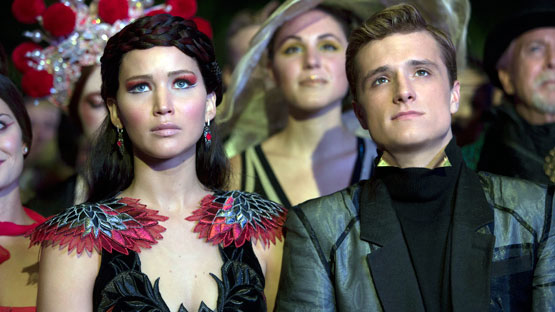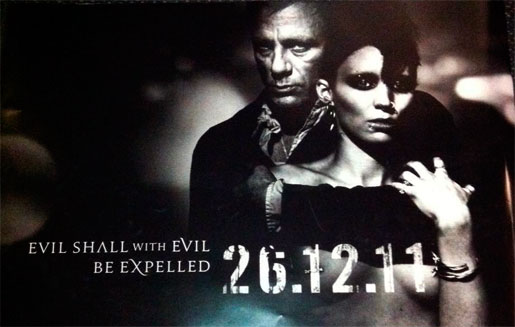Director Niels Arden Oplev’s adaptation of ‘The Girl with The Dragon Tattoo,’ based on the bestselling Swedish novel by the late journalist Stieg Larsson, surpasses expectations. This arresting crime-thriller unfolds like an enigmatic puzzle and holds your attention from the very first scene to the last.
As a film, ‘The Girl with The Dragon Tattoo’ is a dark, dense, and a sophisticated tale that weaves a complex web of corruption, sexual abuse, and an unsolved mystery, deftly blending old-fashioned detective work with a stark commentary on socio-political aspects. The film necessitates your undivided attention, as it inches its way through the twists and narrative curves, throwing light on the grim realities and atrocities occurring under the veneer of civility.
The storyline follows Mikael Blomkvist (Michael Nyqvist), a disgraced financial journalist employed by the wealthy patriarch, Henrik Vanger (Sven-Bertil Taube), to unravel the mystery behind his niece’s disappearance four decades ago. On this mission, Blomkvist crosses paths with Lisbeth Salander (Noomi Rapace), a troubled computer hacker with her own complicated past, whose edginess and fierce tenacity becomes pivotal to the mystery’s unravelling.
Nyqvist brings an admirable subtleness to the role of Blomkvist, adeptly portraying the character who, though initially sceptical and dismissive of the vast family conspiracy, gradually absorbs the seriousness of the situation. His performance is exceptional, but it is Noomi Rapace’s Lisbeth Salander that steals the show. Rapace, with her punk appearance, piercings, and tattoos, impeccably balances the character’s vulnerability and underlying rage. Her rendition of Salander is so compelling that it becomes nearly impossible to picture anyone else in the role.
Oplev’s direction is meticulous. His brilliance shines in every frame as he masterfully intertwines the two narratives of Blomkvist and Salander seamlessly, leading to their eventual meeting. The director does not shy away from presenting the brutalities and explicit nature of the narrative which at times might seem challenging, but it is crucial in driving home the realities of Larsson’s intentions.
The film is set against a gloomy, snow-covered Swedish landscape that encapsulates the dark and chilling ambiance perfectly. The cinematography, carefully handled by Eric Kress, significantly contributes to the eeriness of the film. Jacob Groth’s absorbing score helps maintain the sustained tension throughout the film, setting a melancholic mood that underlines the relentlessness of the story, capturing the audience’s attention and holding it hostage until the very end.
The film’s pacing is deliberate at times, reflecting the nature of the detective work while also revealing the damaged lives of the characters. The screenplay is taut, with strong character development and a plot that demands your undivided attention.
Supporting performances also stand out, notably Lena Endre as Erika Berger, contributing to a sense of realism that elevates the serious nature of the subject matter. Furthermore, despite its dark content, the film does not miss the opportunity to address themes of misogyny, abuse, resilience, and redemption.
Despite being an adaptation of a riveting novel, ‘The Girl with The Dragon Tattoo’ rises beyond the limited scope of a mere page-to-screen translation. It succeeds in shaping its own identity as a relentless detective thriller. This is not a tale for the fainthearted. Yet, for those willing to endure its grisly aspects, it presents a richly rewarding narrative experience.
‘The Girl with The Dragon Tattoo’ is a captivating, engrossing and thought-provoking crime thriller that leaves a profound impact. It’s not just a film, but a stark revelation of the multilayered societal issues. For anyone who appreciates the ironies of life and human nature, this mystery and its solving is quite an experience. It is the perfect union of a chilling narrative, strong characters and first-rate direction. It forcefully demands your attention – and deserves it too.




